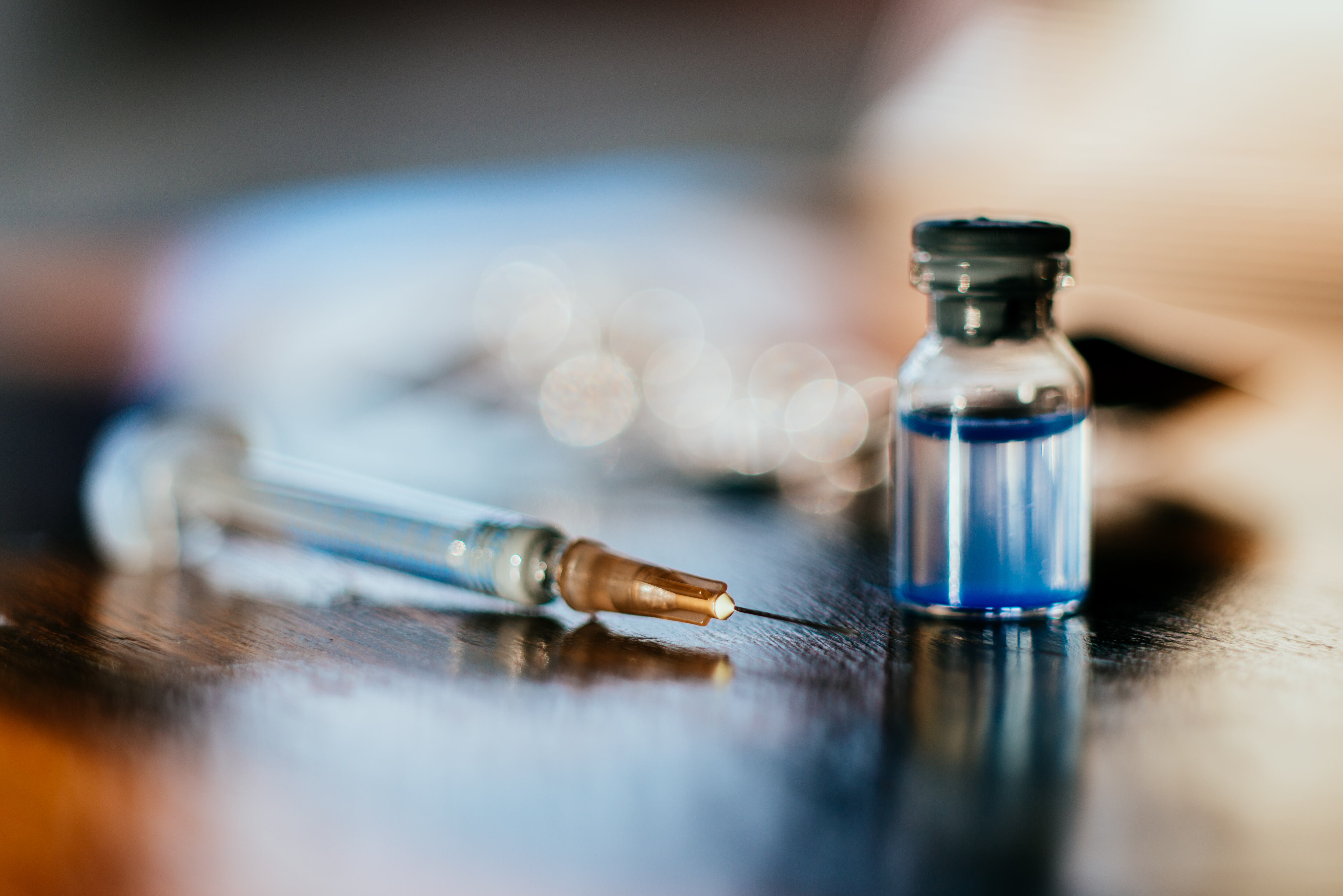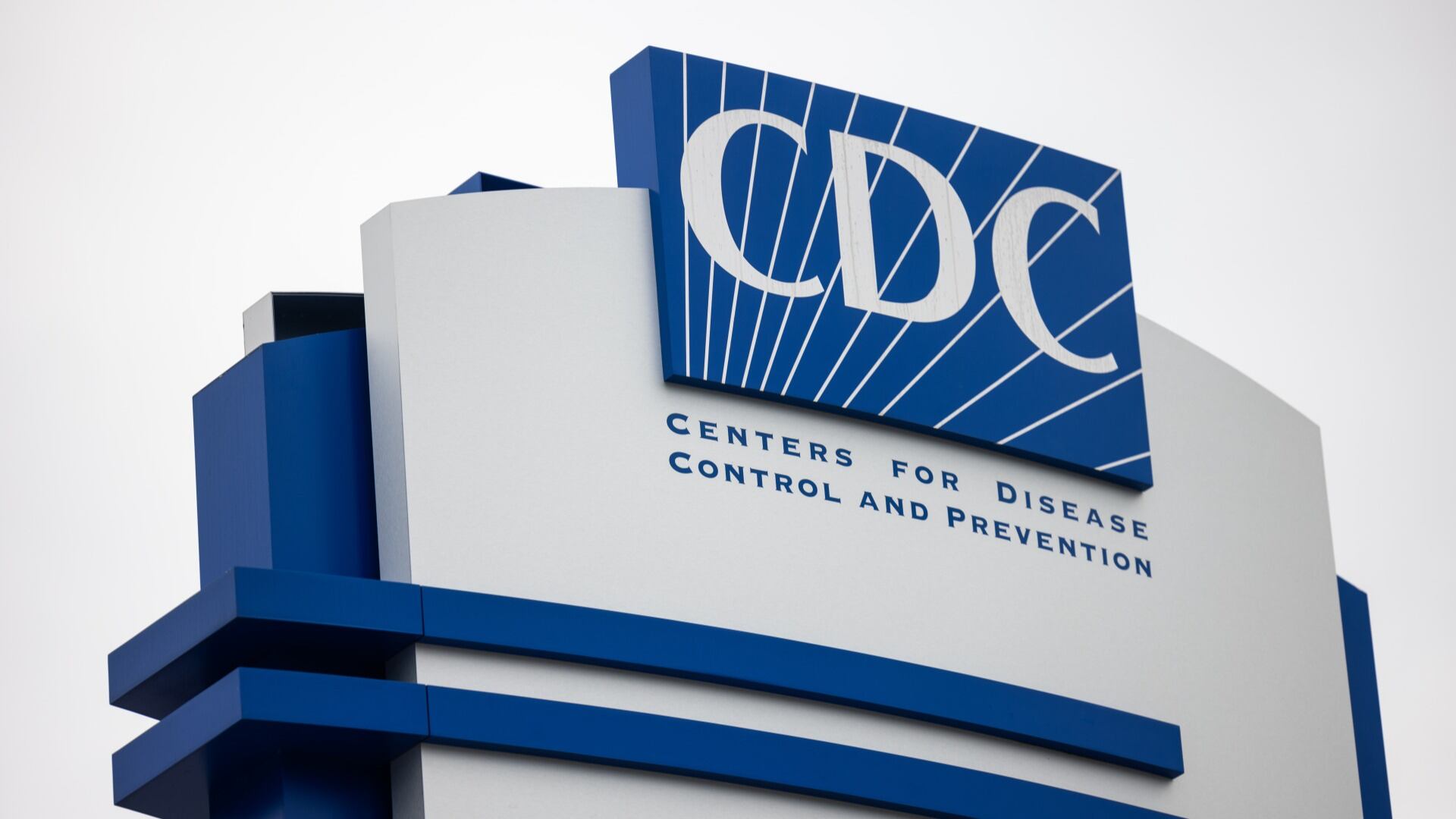As the world adjusts to a new reality set by the pandemic, scientists are racing for a COVID-19 cure or treatment as the virus continues to spread. However, those who have recovered from the illness might be a key to saving lives.
COVID-19, the respiratory disease caused by the novel coronavirus, has no treatment and no vaccine, but antibodies from recovered patients could help current others who are fighting the deadly virus. This type of treatment was first used in the 1890s to treat diphtheria, a bacterial infection that impacts the throat and nose.
The blood component that carries the antibodies, known as plasma, can be gathered as "convalescent plasma" and given to newly infected coronavirus patients.
Donors must have tested positive for COVID-19 and must wait a certain period of time after they tested negative for the disease, or be symptom-free for at least 28 days if they didn’t get a follow-up test, before being able to donate plasma.
The whole donation process takes up to 90 minutes, according to Reuters. The blood is drawn from a donor, who met the appropriate criteria and is run through a device to extract the plasma before the remaining blood returns to the donor. The plasma from a single donation reportedly could be used to help two to four patients.
According to the Food and Drug Administration, convalescent plasma has been studied in other respiratory infection outbreaks before such as SARS in 2003, H1N1 influenza in 2009 to 2010, and MERS in 2012.
COVID-19 convalescent plasma is in clinical trials, but although the FDA points out it's promising, it has not yet been proven to be effective as a way to treat COVID-19. With that being said, doctors do believe the method is worth attempting.
SOURCES:
Why U.S. hospitals see promise in plasma from new coronavirus patients - Reuters
Coronavirus Survivors Keep Up the Fight, Donate Blood Plasma to Others - The Wall Street Journal
What Is Plasma? - Stanford Children's Health
Recommendations for Investigational COVID-19 Convalescent Plasma - U.S. Food and Drug Administration
Red Cross urges Americans to donate blood to prevent shortage during coronavirus scare - TODAY












